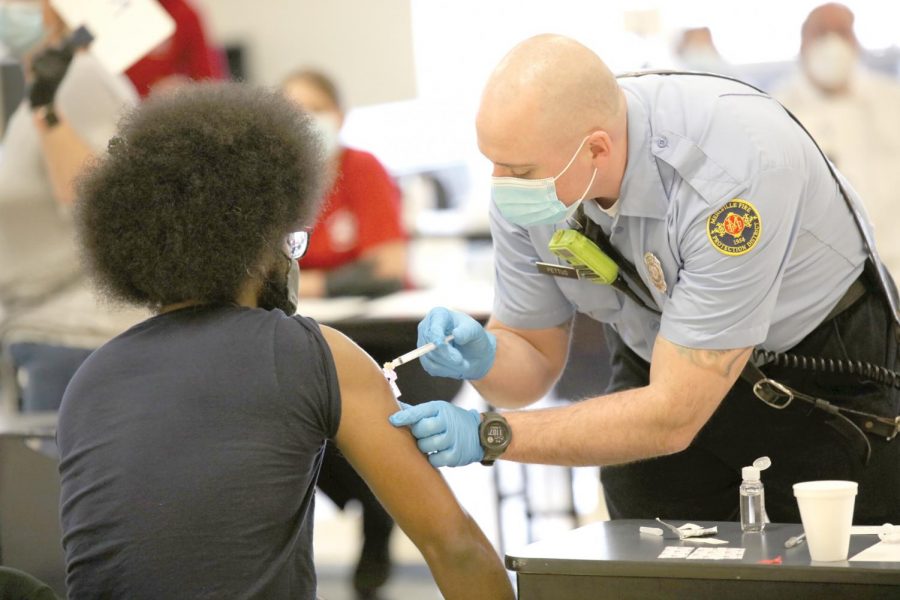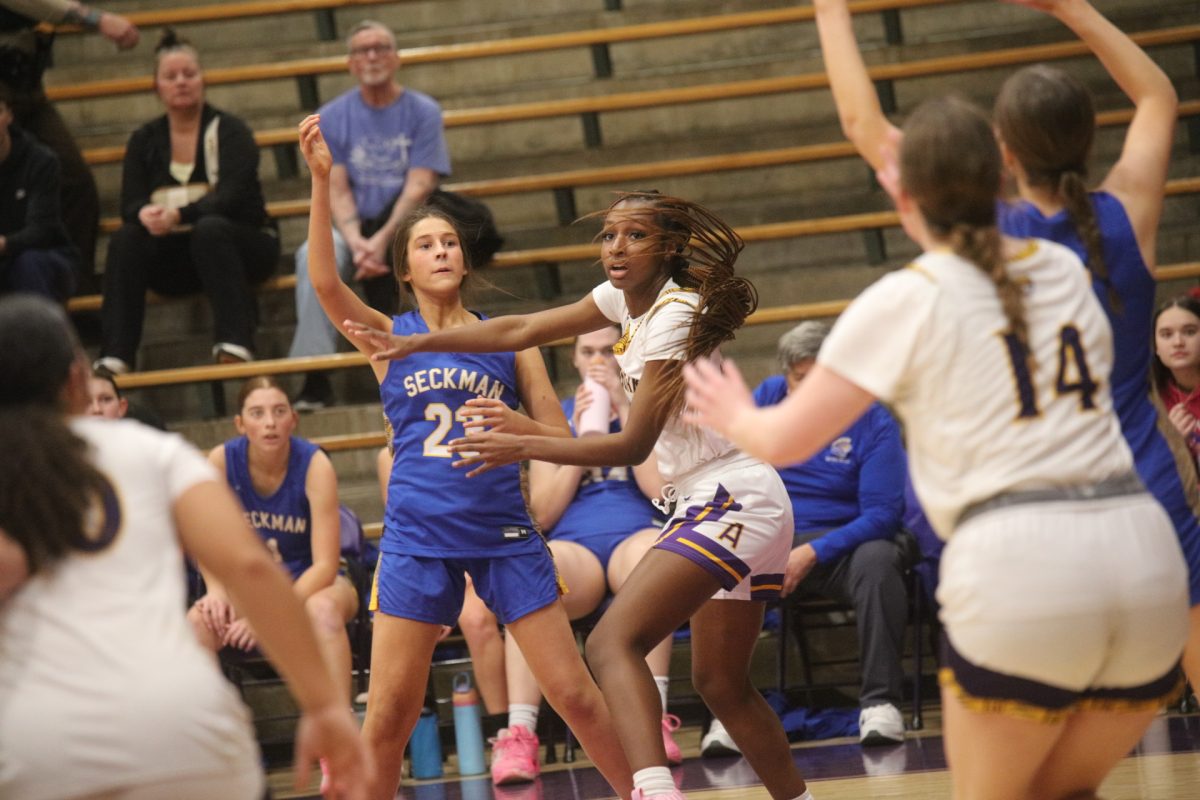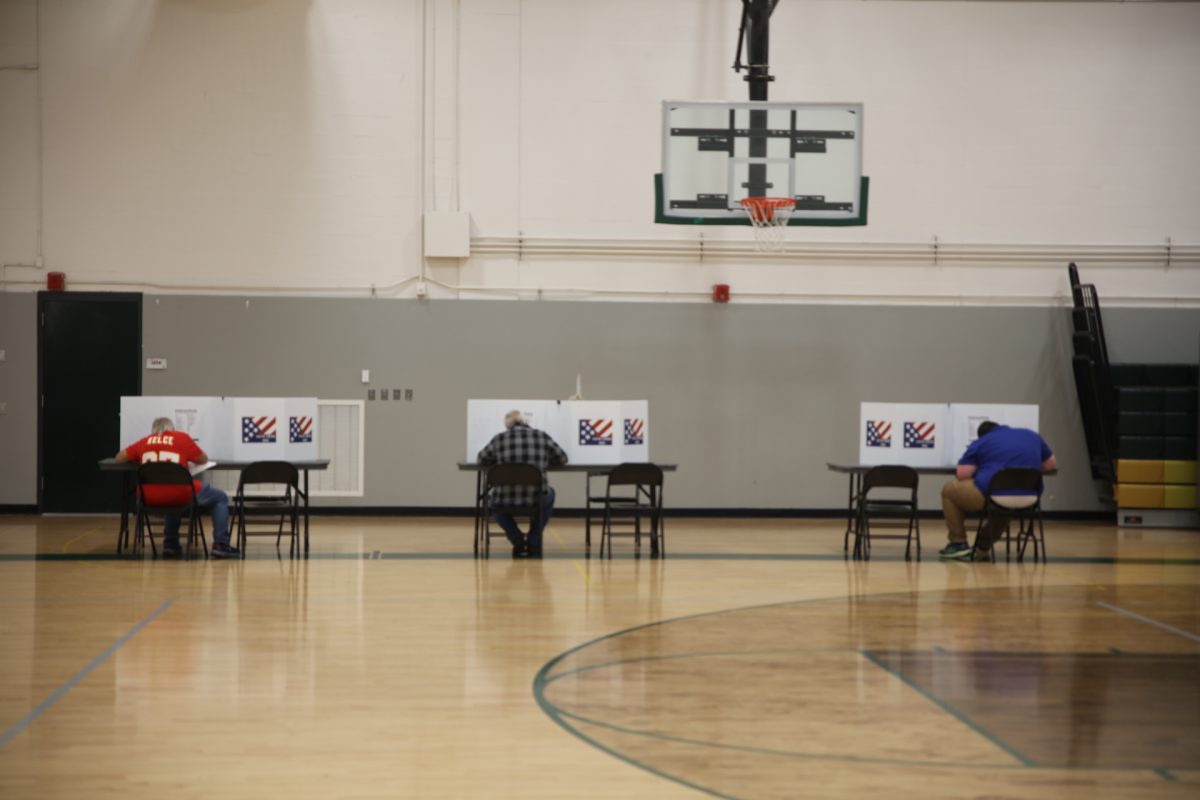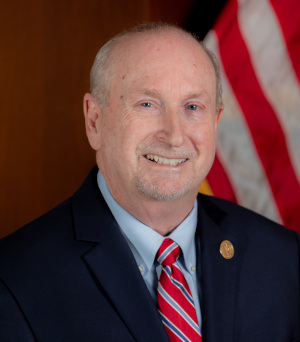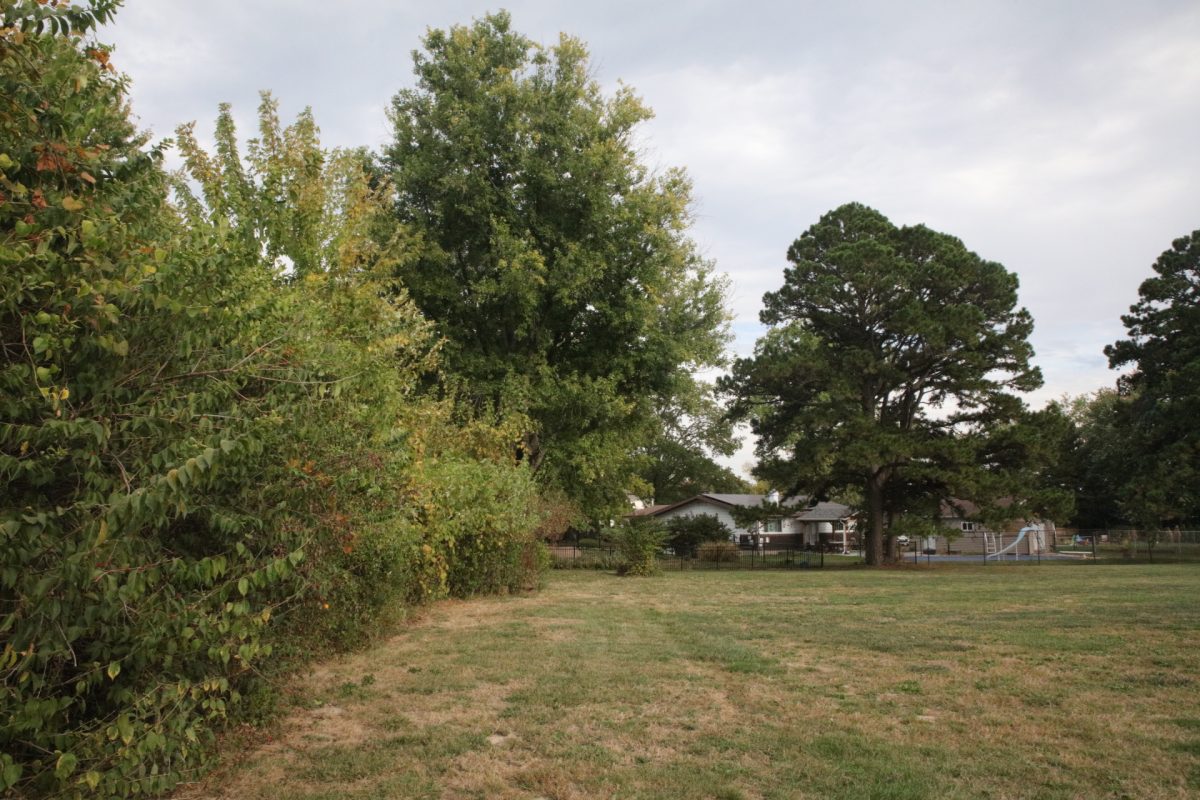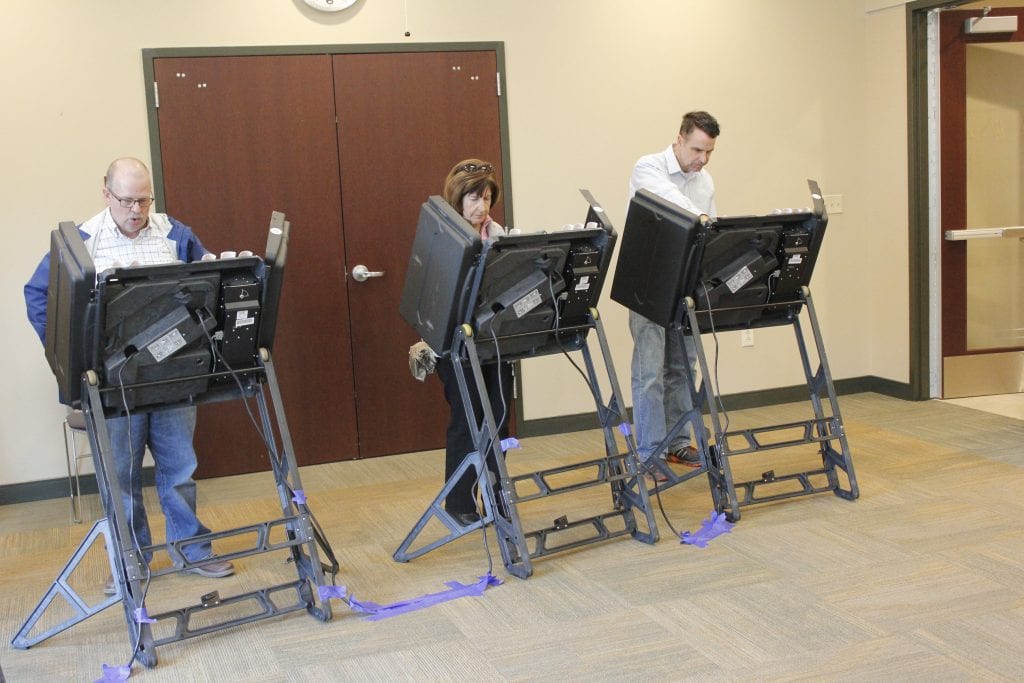Federal drug regulators announced Tuesday they are pausing the administration of the Johnson & Johnson one-dose COVID-19 vaccine in the United States due to six rare cases of blood clots out of the total 6.8 million shots given. Soon after the announcement, Missouri’s state health agency said the J&J vaccine would not be offered in the state until further decisions are made at the federal level. The decision does not affect the Moderna and Pfizer vaccines, which are based on a different process than the J&J vaccine and have been given to more than 114 million people so far with no severe side effects reported.
The pause on the J&J vaccine comes out of an “abundance of caution” after six cases of blood clots reported in people who received the vaccine, out of 6.8 million doses of the vaccine administered in the U.S. as of April 12, two federal agencies said in a joint statement issued Tuesday. The decision follows an investigation by European medical agencies into both the Johnson & Johnson and Oxford/AstroZeneca COVID-19 vaccines, which are both one-dose shots that use an adenovirus to spike immunity to the coronavirus. The decision does not affect the Moderna and Pfizer vaccines, which are not based on an adenovirus but a different process. The AstroZeneca vaccine has not been approved in the U.S.
Following the federal announcement, the Missouri Department of Health and Senior Services said it would pause the Johnson & Johnson vaccine in the state “until further notice.” Johnson & Johnson said it would voluntarily delay the rollout of its vaccine in Europe after the reports.
Supply of the Johnson & Johnson vaccine has been low to the St. Louis area to begin with, Dr. Faisal Khan, the director of the St. Louis County Department of Public Health, told reporters Tuesday. Most vaccination events in South County are county-run and have given out Pfizer and Moderna vaccines, but a state-run mass vaccine site held April 3 at Bernard Middle School offered Johnson & Johnson shots. Khan said that the county has given out roughly 1,200 J&J doses, mostly to homebound or homeless individuals. Any pending vaccinations for those groups will now be switched to the Pfizer vaccine, which has been the vast majority of the shots given out by St. Louis County.
In some cases, the county is contacting patients who have received the J&J vaccine recently to check if they have any symptoms. St. Louis County has not received any reports of adverse events from anyone who has received the vaccine in the county, Khan noted.
Blood clots found in six women below 50 years old; committee will analyze whether link exists
The U.S. Centers for Disease Control and Food and Drug Administration are reviewing the data surrounding the “extremely rare,” but severe, blood clot cases to see if there is any link to the J&J vaccine. In these cases, a type of blood clot called cerebral venous sinus thrombosis (CVST) was seen in combination with low levels of blood platelets (thrombocytopenia). All six cases occurred among women between the ages of 18 and 48, and symptoms occurred six to 13 days after vaccination.
The CDC will convene an emergency meeting of the Advisory Committee on Immunization Practices (ACIP) on Wednesday to further review these cases and assess their potential significance. The FDA will review that analysis as it also investigates these cases.
“Until that process is complete, we are recommending a pause in the use of this vaccine out of an abundance of caution,” the agencies said in a news release. “This is important, in part, to ensure that the health care provider community is aware of the potential for these adverse events and can plan for proper recognition and management due to the unique treatment required with this type of blood clot.”
Khan noted that out of nearly 7 million Johnson & Johnson vaccines given out so far, “Out of those, six adverse reactions is a very, very rare event. Nonetheless it was enough for the CDC and the FDA to consider pausing the distribution of vaccine so they can determine whether this is a statistical anomaly or whether this is an underlying issue.”
The St. Louis County official noted in his briefing that blood clots appeared as a side effect in Phase 3 clinical trials for both the Johnson & Johnson and AstroZeneca vaccines, but there were not enough cases at that time for scientists to decide the risks of the vaccine outweighed the benefits.
“At the time, scientists determined that the statistical significance is so low that the benefits outweighed the concerns; in fact, further studies were needed because the sample size was not sufficient to draw any specific conclusions,” Khan said.
Despite the pause, federal agencies emphasized that these adverse events are extremely rare.
“COVID-19 vaccine safety is a top priority for the federal government, and we take all reports of health problems following COVID-19 vaccination very seriously,” the agencies said.
People who have received the J&J vaccine who develop severe headache, abdominal pain, leg pain or shortness of breath within three weeks after vaccination should contact their health care provider. Health care providers are asked to report adverse events to the Vaccine Adverse Event Reporting System at https://vaers.hhs.gov/reportevent.html. Patients with other clinical questions should contact their health care provider or call the Missouri COVID-19 hotline at 877-435-8411.
“COVID-19 vaccine safety is a top priority for the federal government, and we take all reports of health problems following COVID-19 vaccination very seriously,” the agencies said.
People who have received the J&J vaccine who develop severe headache, abdominal pain, leg pain or shortness of breath within three weeks after vaccination should contact their health care provider. Health care providers are asked to report adverse events to the Vaccine Adverse Event Reporting System at https://vaers.hhs.gov/reportevent.html. Patients with other clinical questions should contact their health care provider or call the Missouri COVID-19 hotline at 877-435-8411.
Attention drawn to unique treatment of blood clots
In a White House Coronavirus Task Force briefing, Dr. Anthony Fauci said that the pause allows scientists to examine the data before deciding to possibly implement restrictions on the J&J vaccine such as whether to restrict women below a certain age. But a second reason for the pause is to draw physicians’ attention to the unusual combination of low platelets with blood clots. Treatment of the specific type of blood clot found in the six cases is different from the treatment that might typically be administered for blood clots. Usually, an anticoagulant drug called heparin is used to treat blood clots. In this setting, administration of heparin may be dangerous, and alternative treatments need to be given.
Physicians will also be on notice that when patients come in with those types of symptoms, they will be asked for a recent vaccination history. But since all the side effects were reported within 13 days of the vaccination, anyone who had the vaccine should not worry if they are more than two weeks out, Fauci said.
“We know that there have been 6.85 million doses of J&J vaccine,” Fauci said. “Someone who had it a month or two ago might say what does this mean for me? It really doesn’t mean anything. … This is an unusual occurrence of a serious adverse event that you want to make sure before you go forward you look at it thoroughly.”
Pfizer and Moderna vaccines have seen no similar issues
As for those who have had the Pfizer and Moderna vaccines, Fauci said “there have been no red flags” out of the more than 114 million doses of those two vaccines given out so far in the U.S.
Production and distribution of the Pfizer and Moderna vaccines continues. Johnson & Johnson is primarily produced at the company’s Baltimore plant, which has been experiencing unrelated production issues in recent days.
Both Fauci and Khan emphasized that they want the public to know that the Johnson & Johnson vaccine is not being halted due to its efficacy against the coronavirus, and they said that those who are hesitant to get any type of vaccine should not take this news as a reason not to get a COVID-19 vaccine. Instead, the decision by the FDA and the CDC to look at the blood-clot reactions should serve as reassurance that the agencies are fully monitoring the safety of the vaccine, before and after approval.
“The vaccine is fully protective against the coronavirus, the risk of severe side effects severe or mild remain very low, so there is absolutely no reason to panic, no cause for alarm, no reason to question the efficacy and safety of the vaccine,” said Khan. “This is simply a fact that indicates the importance that the CDC and the FDA place on patient safety and vaccine safety, so it is a good thing for them to take an extra step forward and be overly cautious.”
Missouri will wait until after the committee meets Wednesday to make a decision on the Johnson & Johnson vaccine and others, said the head of DHSS.
“We anticipate having more information shortly to make further decisions about overall vaccine distribution in light of this new development and will continue to update citizens who have been vaccinated with the J&J vaccine after the advisory committee meets at the federal level tomorrow,” said Dr. Randall Williams, director of the DHSS, in a statement.
Vaccine providers in Missouri are asked to keep any on-hand J&J vaccine in the appropriate storage unit and label it “quarantine-do not use” until further notice.



